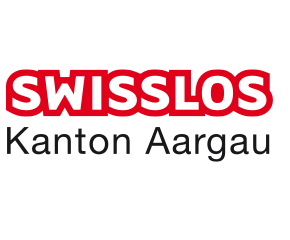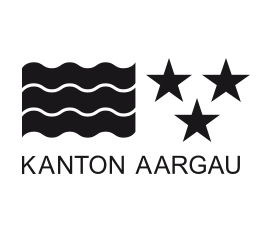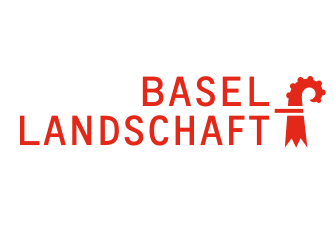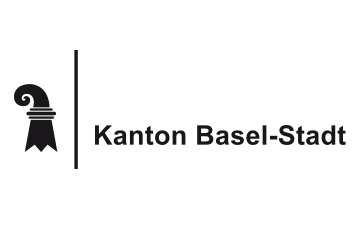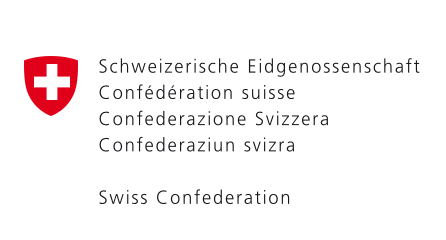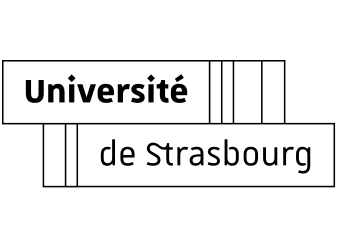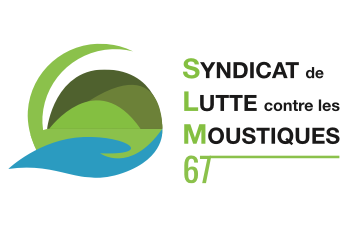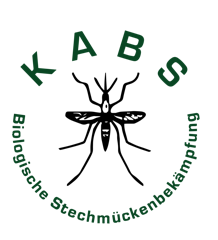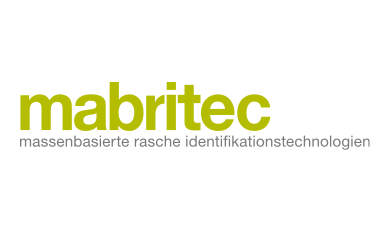The Franco-German-Swiss Conference of the Upper Rhine valley links government and administrative authorities at the regional level. The administrations of the states of Baden-Württemberg, Rhineland-Palatinate, the cantons of Basel-Stadt, Basel-Landschaft, Jura and Solothurn, as well as public authorities and French communities – the Conseil départemental du Bas-Rhin, du Haut-Rhin and the regional council of Grand Est are involved.
Its aim is to strengthen the dynamism of administrations in the cross-border cooperation of the Upper Rhine – in the interest of citizens on both sides of the Rhine as well as to facilitate and strengthen links in all areas.
